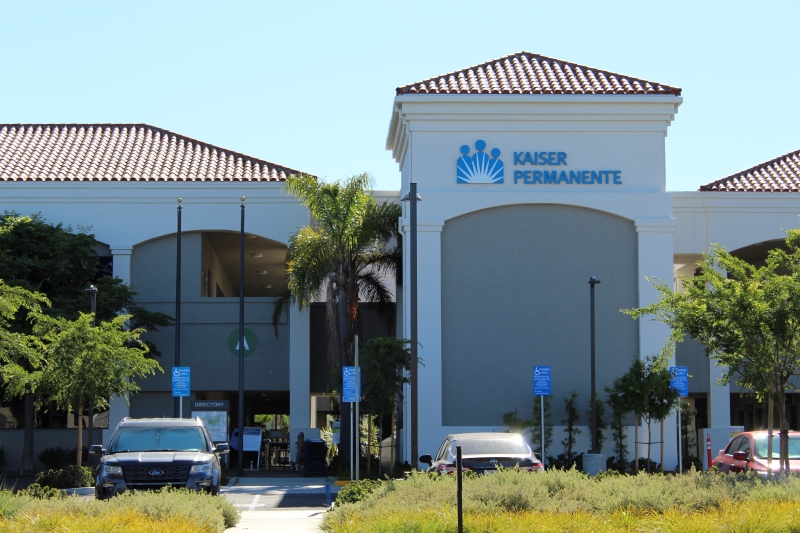REGION — Concern for the mental health of healthcare workers has grown due to their shrinking supply of personal protective equipment, also known as PPE.
Legislation has called for billions in funding for personal protective equipment, yet weak execution has left a shortage for local healthcare workers, according to U.S. Rep. Mike Levin (D-San Juan Capistrano).
“The Trump administration’s implementation of that legislation has been woefully inadequate, and many healthcare workers still don’t have the supply of respirators, masks, gowns, goggles and other equipment,” Levin said. “They are heroes in every sense, and we owe them an extraordinary debt of gratitude. [They deserve] a stronger federal investment in the PPE they need, which is critical for both their physical and mental health.”
Palomar Health Cardiac Nurse Emily Burnett, who began working less than a year ago, now treats both heart and COVID-19 patients. But the hospital has run low on N95 masks and alcohol wipes — essentials for treating COVID-19 patients. Some weeks, Burnett and her co-workers resort to reusing masks for a whole shift and sharing face shields among nurses, cleaning them throughout the day.
As a result, the fear of spreading infection continues to weigh heavily on staff.
“As a nurse, it’s kind of freaky,” Burnett said. “You’re hoping you don’t get a coronavirus patient, and if you do, you totally have to change your mindset about what your day’s going to look like.”
Levin requested that the next federal COVID-19 package provide mental health resources specifically for health care workers, as adjusting safety guidelines due to a lack of supplies largely contributes to the long-term strain on their mental health.
“These are well-educated, rational, highly contributing members of our society,” said Kaiser Permanente Psychosocial Clinician Bharathy Thridandam. “But I think when you see so many people that you cannot help and all of your efforts to help still result in so many deaths, that can lead to a sense of despair. I think right now the front-line workers are too busy in their helping role, but down the road we’ll see more and more of them coming in asking for treatment.”
Moving forward, health care workers are now preparing for the upcoming weeks, as recent racial injustice protests could result in more COVID-19 cases, likely putting a greater strain on hospital resources.
“That’s definitely been on everybody’s mind at work,” Burnett said. “I think we’re all just kind of waiting to see what’s going to happen. I definitely hope that [COVID-19] isn’t something that sticks around very long. It’s really daunting to think about having this fear for the next couple of years.”



